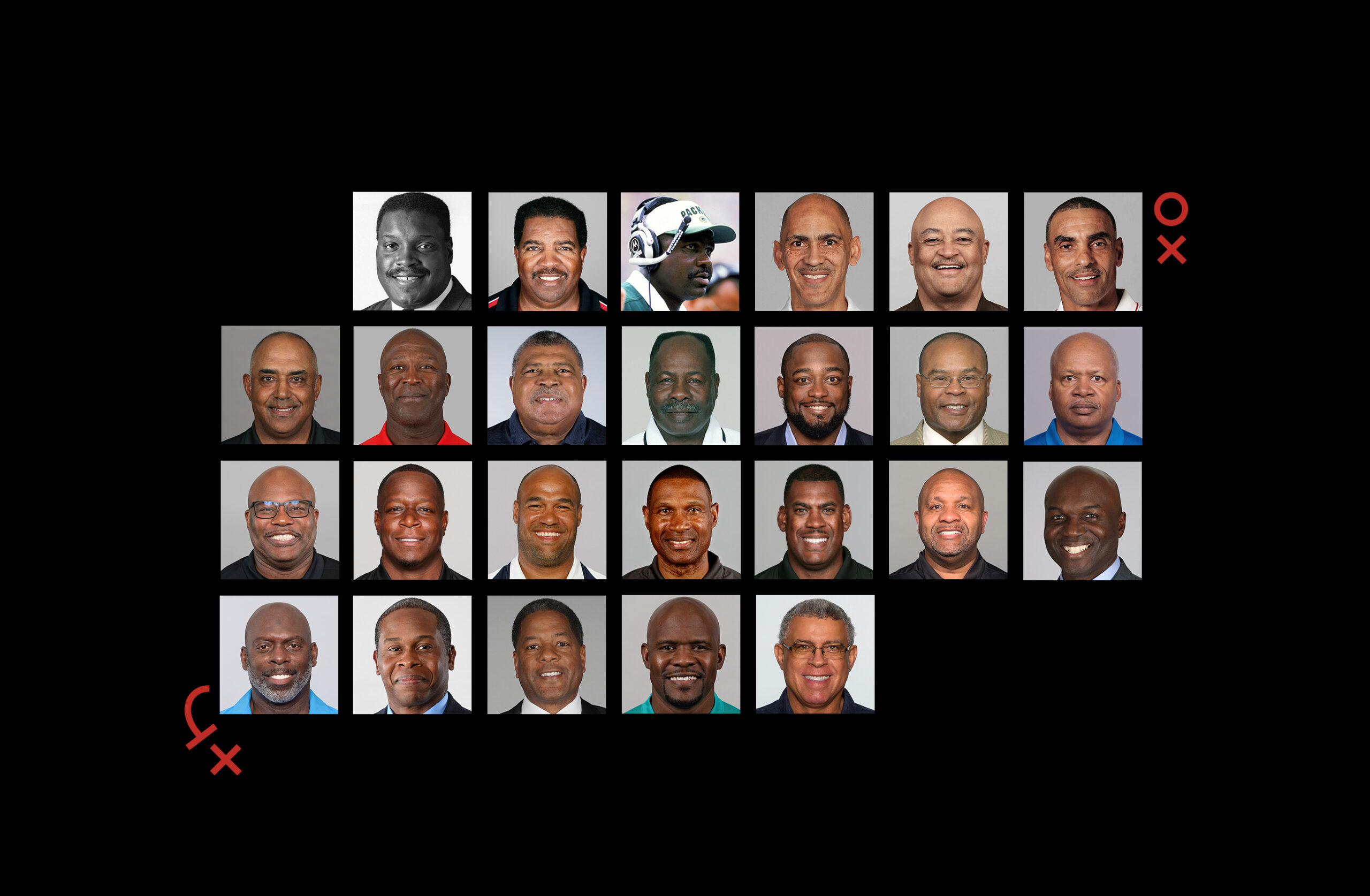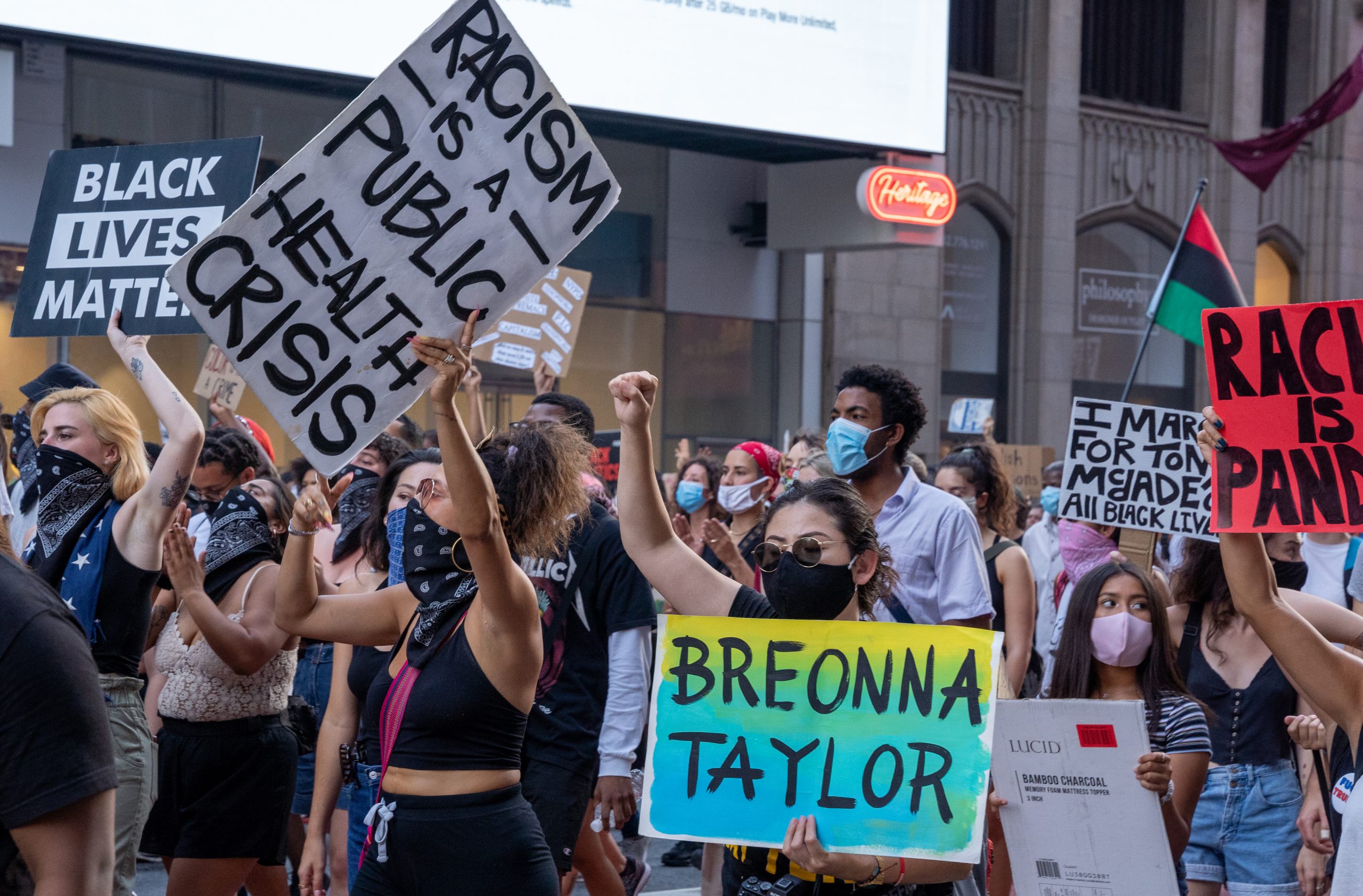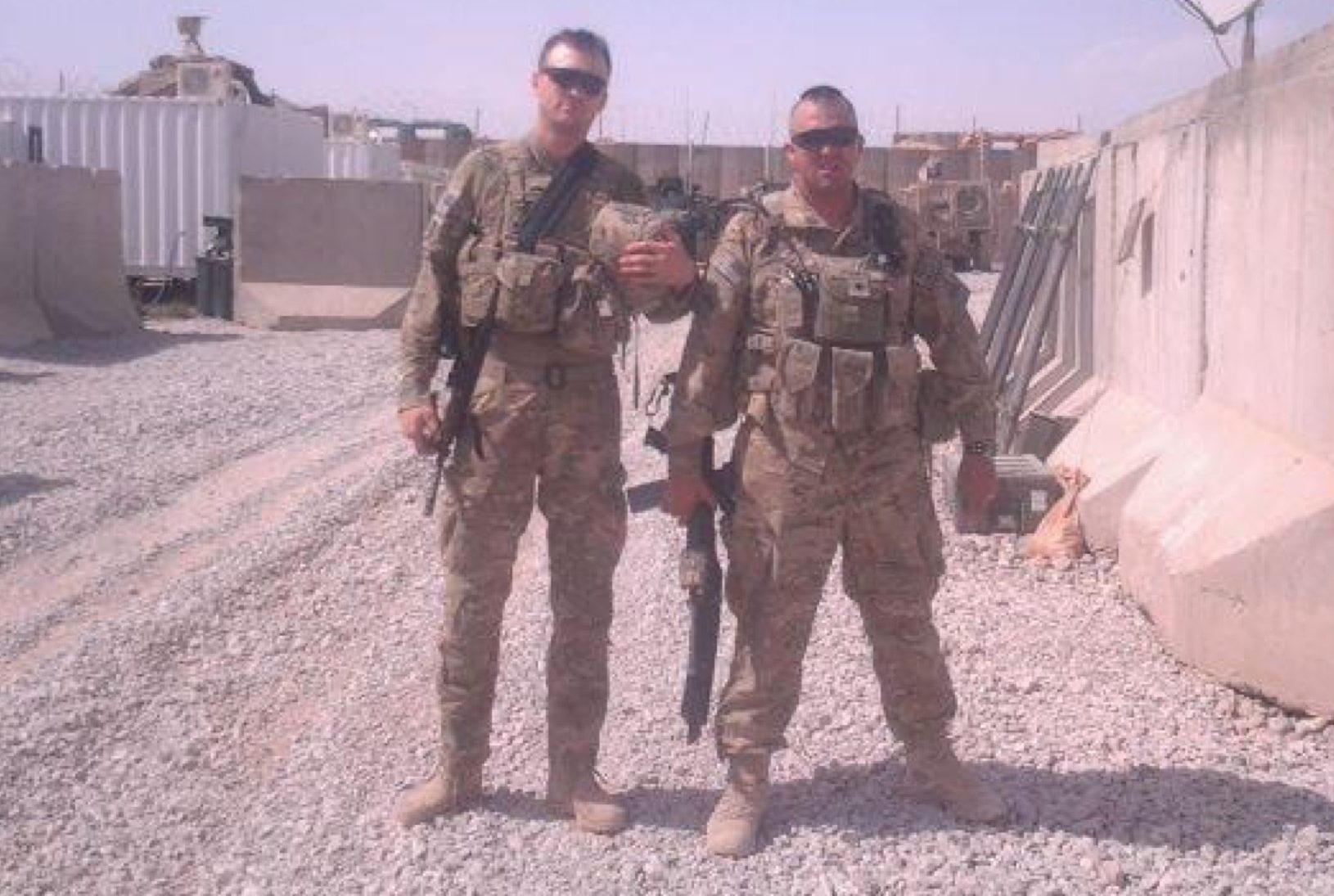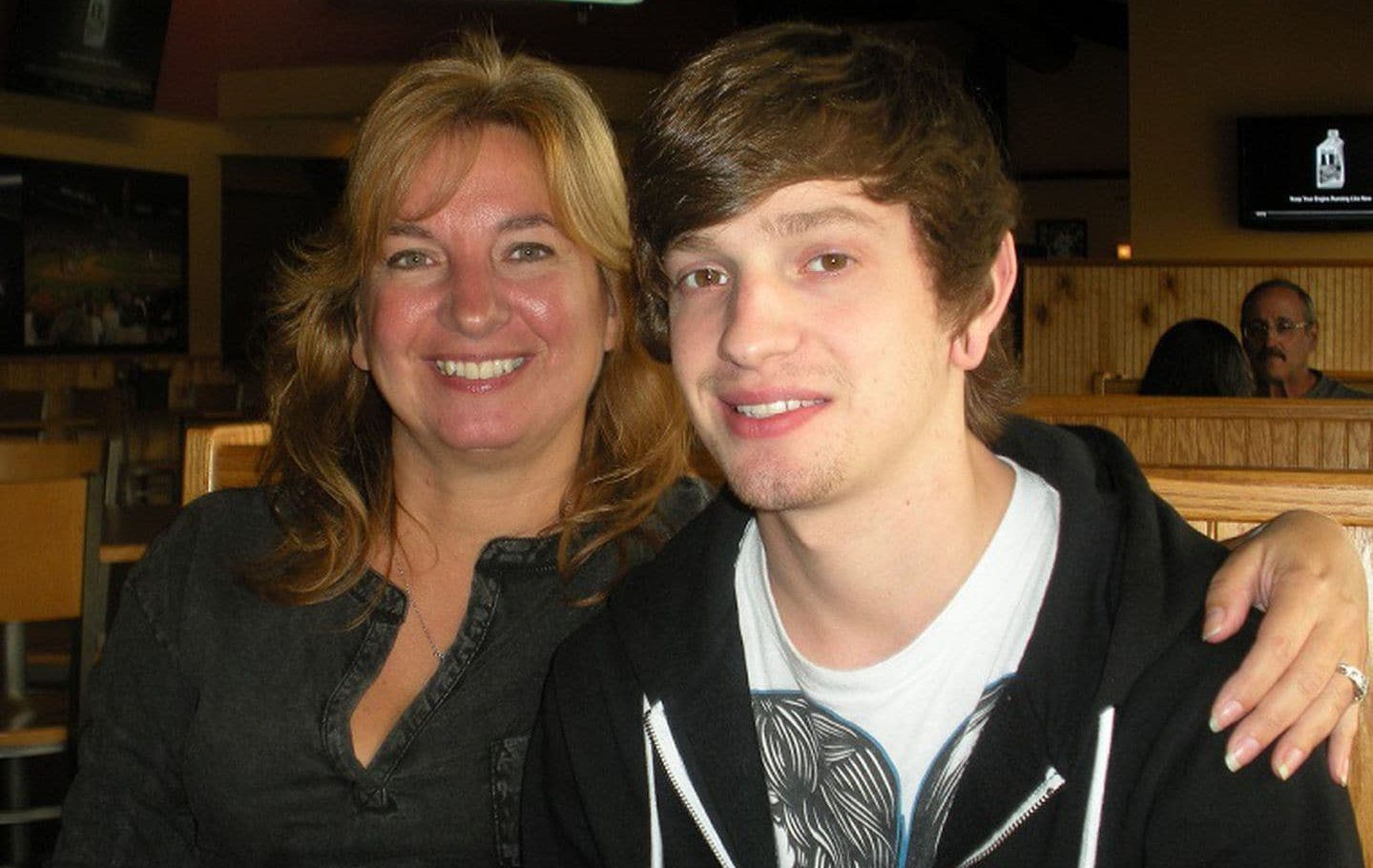
How the NFL blocks Black coaches
Nearly two decades after the NFL enacted the Rooney Rule, teams’ hiring and firing practices still disadvantage Black coaches at every turn — and it’s getting worse, a Washington Post investigation found.


Nearly two decades after the NFL enacted the Rooney Rule, teams’ hiring and firing practices still disadvantage Black coaches at every turn — and it’s getting worse, a Washington Post investigation found.

A Pulitzer: The Washington Post won the Pulitzer Prize for Public Service, “For its compellingly told and vividly presented account of the assault on Washington on January 6, 2021, providing the public with a thorough and unflinching understanding of one of the nation’s darkest days.“ Graduate students working in The Washington Post practicum under John Sullivan, a …

Nearly 250 women have been fatally shot by police since 2015, when The Washington Post began tracking police shootings nationwide. While women represent a small subset of the 5,600 fatal shootings overall, they are also often overlooked. Many of them were in their homes when they were killed.

Across the United States, state and local officials, frustrated by a lack of leadership in the White House and federal agencies, took steps on their own to prepare for the pandemic and protect their communities.

Most hospitals — nonprofit, public and for-profit — operate on thin financial margins and have little to no budget for contingency preparations.

They experienced the war in Afghanistan on the ground. Here’s what they had to say.

As of 2018, the U.S. opioid epidemic has claimed more than 400,000 lives. Yet the faces of some victims remain hidden.

New details about the marketing campaigns used to persuade the medical community that addiction was rare and patients were suffering needlessly.

MaryBeth Moore Zocco used to send her son, Ryan Moore, care packages. Last December, days before Moore, 25, died from an overdose, his mom mailed him a box with fun winter-themed items: hot chocolate ingredients, an ornament and a red plush blanket. Moore, who struggled with addiction on and off for at least seven years, …

Newly unsealed documents in a landmark civil case in Cleveland provide clues to one of the most enduring mysteries of the opioid epidemic: How were drug companies able to weaken the federal government’s most powerful enforcement weapon at the height of the crisis? The industry enlisted members of Congress to limit the powers of the …
Continue reading “Inside the drug industry’s plan to defeat the DEA”